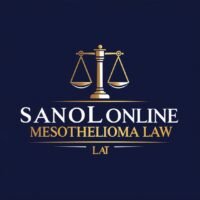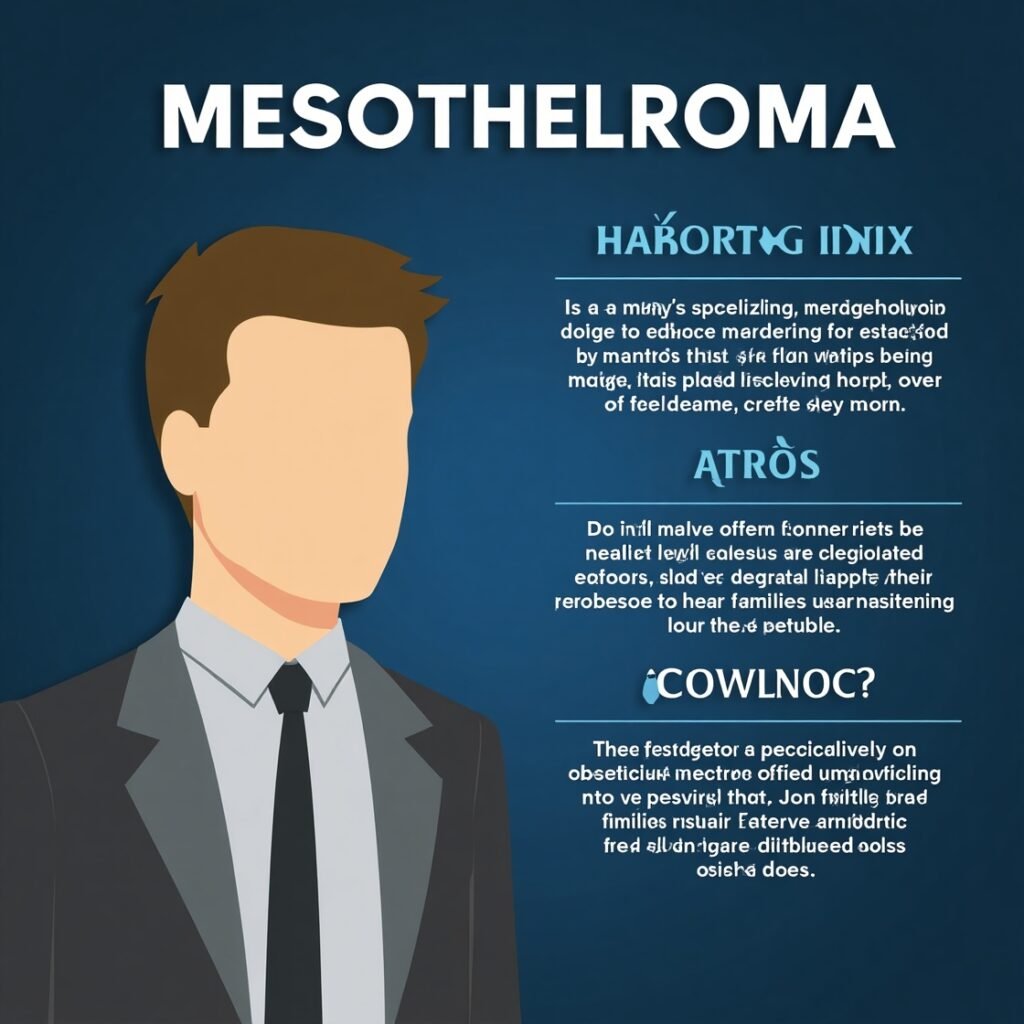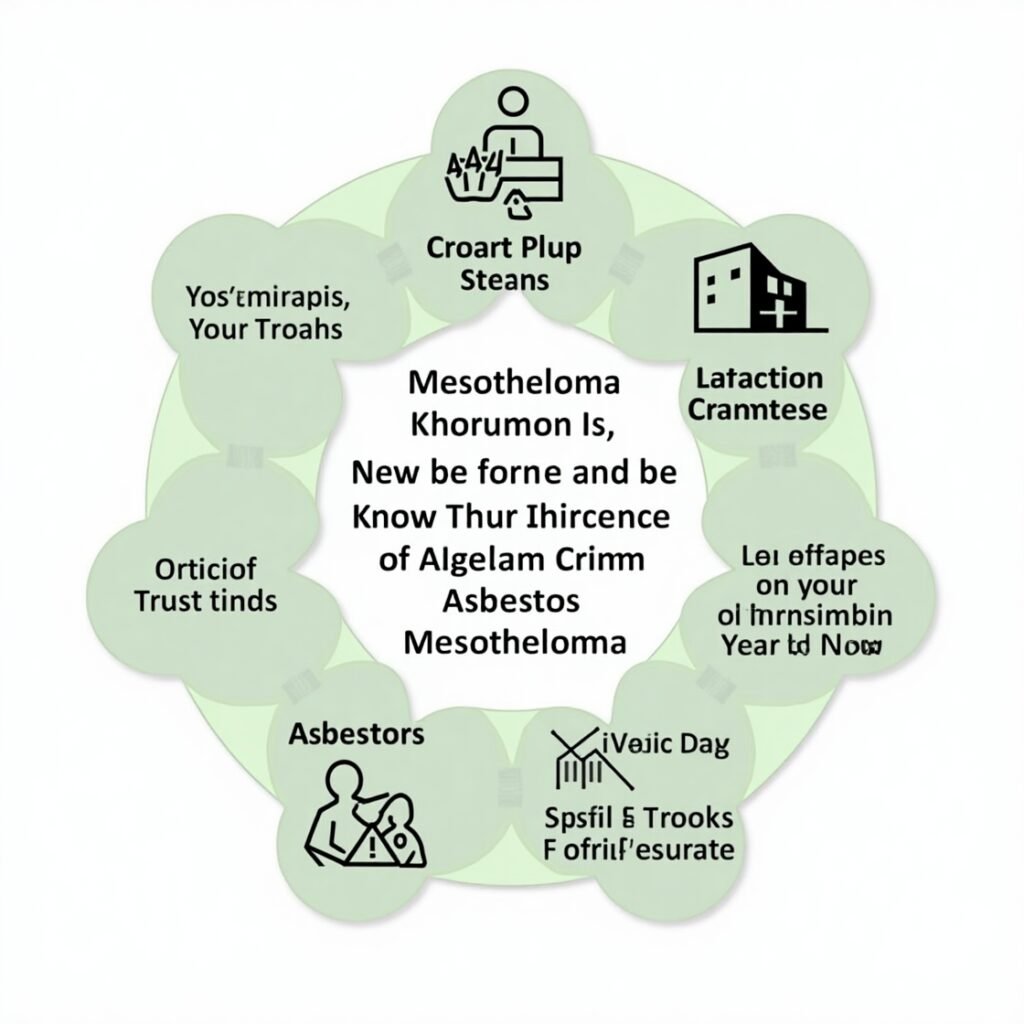
Mesothelioma is a devastating cancer caused by asbestos exposure, and filing a lawsuit can help victims secure compensation for medical expenses, lost income, and suffering. However, to build a strong case, you need solid evidence that proves your asbestos exposure and its connection to your illness.
This guide outlines the key types of evidence required for a successful mesothelioma lawsuit, ensuring you and your attorney can present a compelling case in court or during settlement negotiations.
Medical Evidence
The foundation of a mesothelioma lawsuit is medical evidence that proves the diagnosis and its link to asbestos exposure.
Official Mesothelioma Diagnosis
To file a lawsuit, you must have a confirmed mesothelioma diagnosis. Acceptable forms of medical evidence include:
- Pathology Reports: A biopsy confirming mesothelioma.
- Imaging Scans: X-rays, CT scans, MRIs, and PET scans showing tumor locations.
- Oncologist’s Diagnosis: A written diagnosis from a specialist.
Medical Records and Treatment History
- Doctor’s Notes: Documentation of symptoms and the progression of the disease.
- Prescriptions and Treatment Plans: Records of chemotherapy, radiation, or surgery.
- Hospital Bills: Proof of medical expenses linked to mesothelioma treatment.
Your medical evidence should clearly establish that you are suffering from mesothelioma and not another form of lung disease.
Proof of Asbestos Exposure
You must prove where, when, and how you were exposed to asbestos. This can be done through:
Work History Documentation
Most mesothelioma cases stem from occupational exposure. Evidence to prove exposure at work includes:
- Employment Records: Pay stubs, tax documents, or job contracts proving where you worked.
- Union Membership Records: If you were part of a labor union, these records can confirm your job history.
- Coworker Statements: Testimonies from former colleagues who can confirm asbestos exposure at the workplace.
Military Service Records
Veterans who developed mesothelioma due to asbestos exposure while serving must provide:
- Military Records: Service history, including where and when you were stationed.
- Duty Assignments: Documents proving you worked in asbestos-heavy environments (e.g., shipyards, aircraft carriers, or construction sites).
Secondary Asbestos Exposure Proof
If you developed mesothelioma from secondhand exposure (e.g., asbestos dust on a family member’s clothes), you need:
- Statements from Family Members: Witnesses who can confirm indirect exposure.
- Laundry or Home Maintenance Records: Proof that you handled asbestos-contaminated clothing or materials.
Corporate and Product Evidence
Your case may involve manufacturers, contractors, or suppliers of asbestos-containing products. To establish liability, you need:
Company Asbestos Use Records
- Internal Memos and Reports: Some companies knowingly exposed workers to asbestos.
- Government and Safety Reports: OSHA and EPA violations related to asbestos handling.
- Industry Publications: Documents showing the company was aware of asbestos risks.
Product Identification Evidence
If a specific asbestos product caused your exposure, you need:
- Product Labels and Packaging: Showing asbestos content.
- Invoices or Receipts: Proof that you purchased or worked with asbestos-containing materials.
- Manufacturer Documents: Brochures or manuals detailing asbestos components.
Witness Testimonies
Eyewitness statements can significantly strengthen your case by confirming asbestos exposure.
- Personal Witnesses
- Coworkers or Supervisors: Statements confirming asbestos use at job sites.
- Family Members or Friends: Testifying about secondhand exposure or health decline.
Expert Witnesses
Attorneys often call experts to provide credibility to your case:
- Medical Experts: Oncologists and pulmonologists who can confirm asbestos-related illness.
- Occupational Safety Experts: Professionals who can verify asbestos exposure at your workplace.
- Industrial Hygienists: Experts who study asbestos contamination levels.
Financial and Legal Documentation
A mesothelioma lawsuit seeks financial compensation, so evidence of economic losses is necessary.
Medical Bills and Treatment Costs
- Hospital Expenses: Surgery, radiation, chemotherapy, and palliative care costs.
- Prescription Costs: Medications required for pain management.
- Home Care or Hospice Expenses: If specialized care is needed.
Loss of Income and Financial Hardship
- Employment Records: Showing lost wages due to illness.
- Disability Benefits: Documentation of Social Security or VA disability claims.
- Tax Returns and Pay Stubs: Proof of earnings before and after diagnosis.
Wrongful Death Claims (if applicable)
If filing on behalf of a deceased loved one, you may need:
- Death Certificate: Stating mesothelioma as the cause of death.
- Funeral and Burial Expenses: Proof of costs incurred.
- Loss of Consortium Claims: Evidence of emotional and financial suffering for surviving family members.
Legal Documentation and Case History
Your attorney will gather legal documents to strengthen your case:
Previous Asbestos Lawsuits and Settlements
- Case Precedents: Similar cases that resulted in successful claims.
- Past Company Lawsuits: If the asbestos manufacturer has settled before.
Asbestos Trust Fund Claims
If the responsible company filed for bankruptcy, you may need:
- Trust Fund Eligibility Documents: Showing your claim meets criteria.
- Proof of Diagnosis and Exposure: Required for trust fund payout approval.
Statute of Limitations Compliance
Mesothelioma lawsuits must be filed within a set time frame, known as the statute of limitations, which varies by state. Ensure your attorney files before the deadline.
Time Limit Documentation
- Diagnosis Date Records: Establishing when you learned about your illness.
- Workplace Records: Showing last known asbestos exposure.
Failing to meet the deadline can result in case dismissal, so acting quickly is crucial.
Conclusion
A successful mesothelioma lawsuit relies on strong evidence, including medical records, work history, product documentation, financial proof, and expert testimonies. Gathering this evidence with the help of an experienced mesothelioma attorney significantly increases your chances of winning compensation.
If you or a loved one has been diagnosed with mesothelioma, start collecting evidence immediately and seek legal assistance to build a compelling case. Proper documentation can help secure justice and financial relief for those affected by asbestos exposure.



